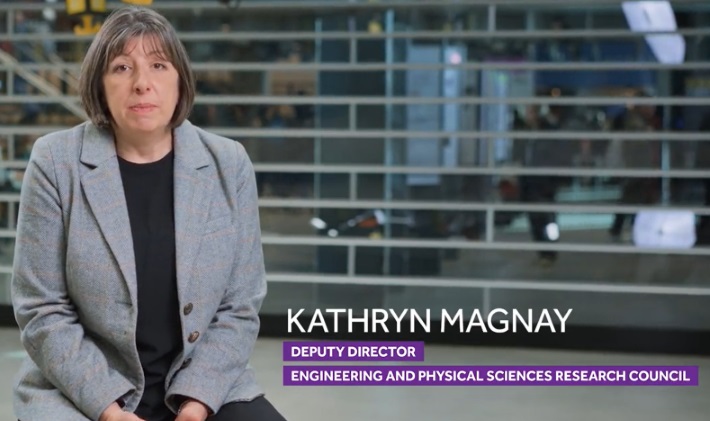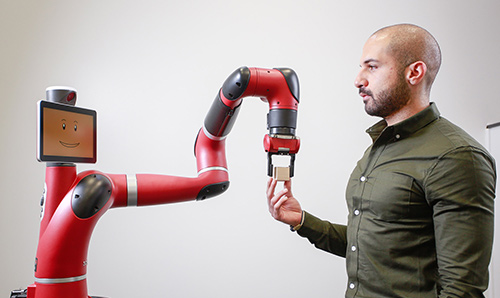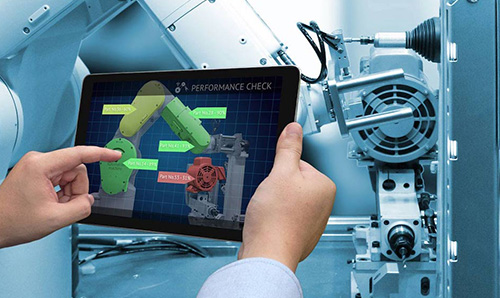
Our robotics and autonomous systems research has a distinctive profile developing, integrating and applying novel AI approaches in the design of robots and autonomous systems for real world applications.
This is a highly interdisciplinary Centre, building on the close collaboration between engineering approaches to robotics and control and computer science approaches to AI and cognitive and neural systems. It is further enhanced by robotics research in privacy and ethics in the social sciences.
The Centre is closely integrated with the Institute for Data Science and AI
Latest news
Read more newsFeatured videos
Watch a selection of videos showing the range of our expertise. Our full video catalogue can be found on the Robotics YouTube channel.
Research into maintenance solutions using robotics and virtual reality.
Deploying the MIRRIMAX robot at Sellafield.
Predicting intentions via dynamical clustering of human postures.







